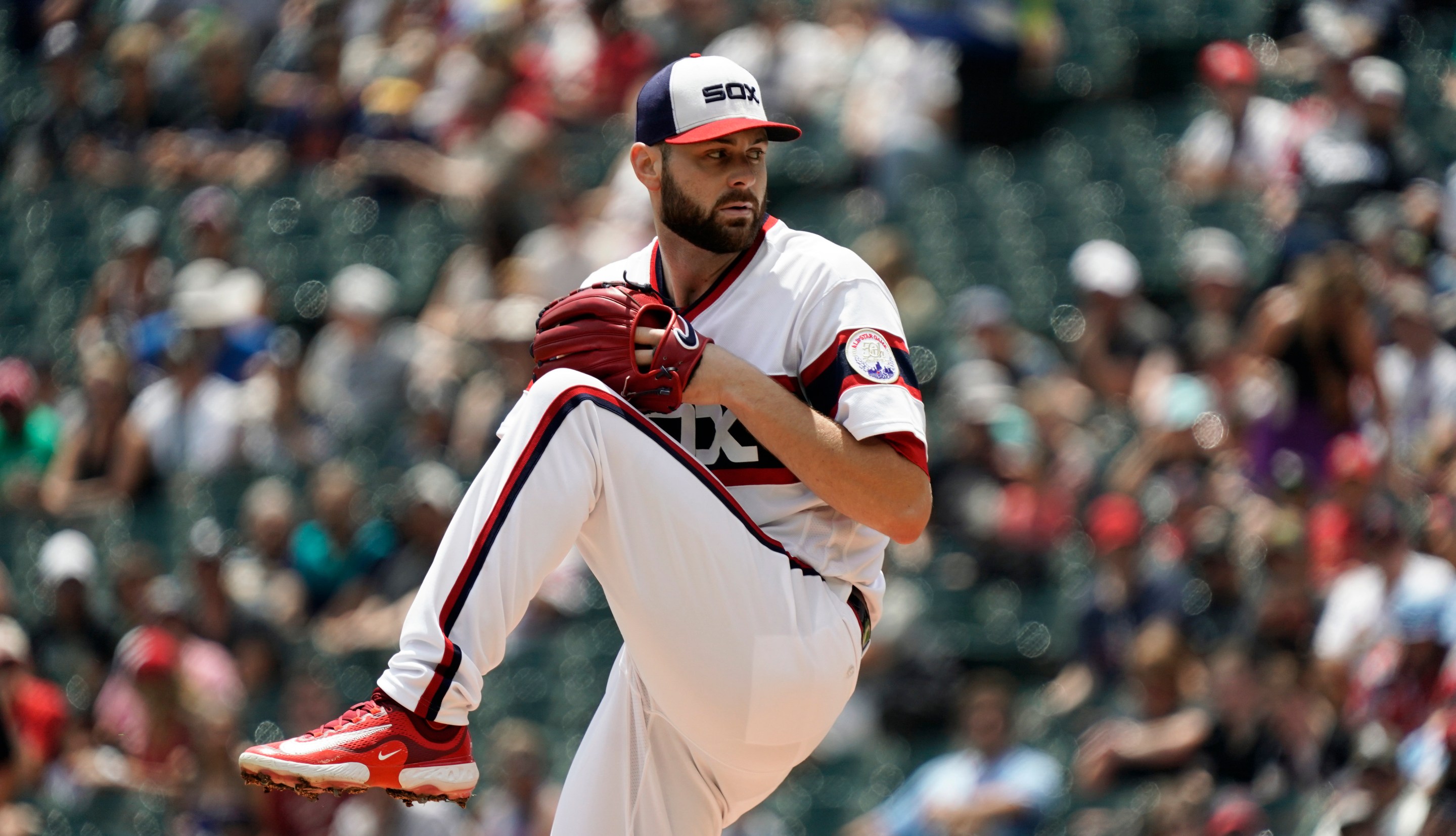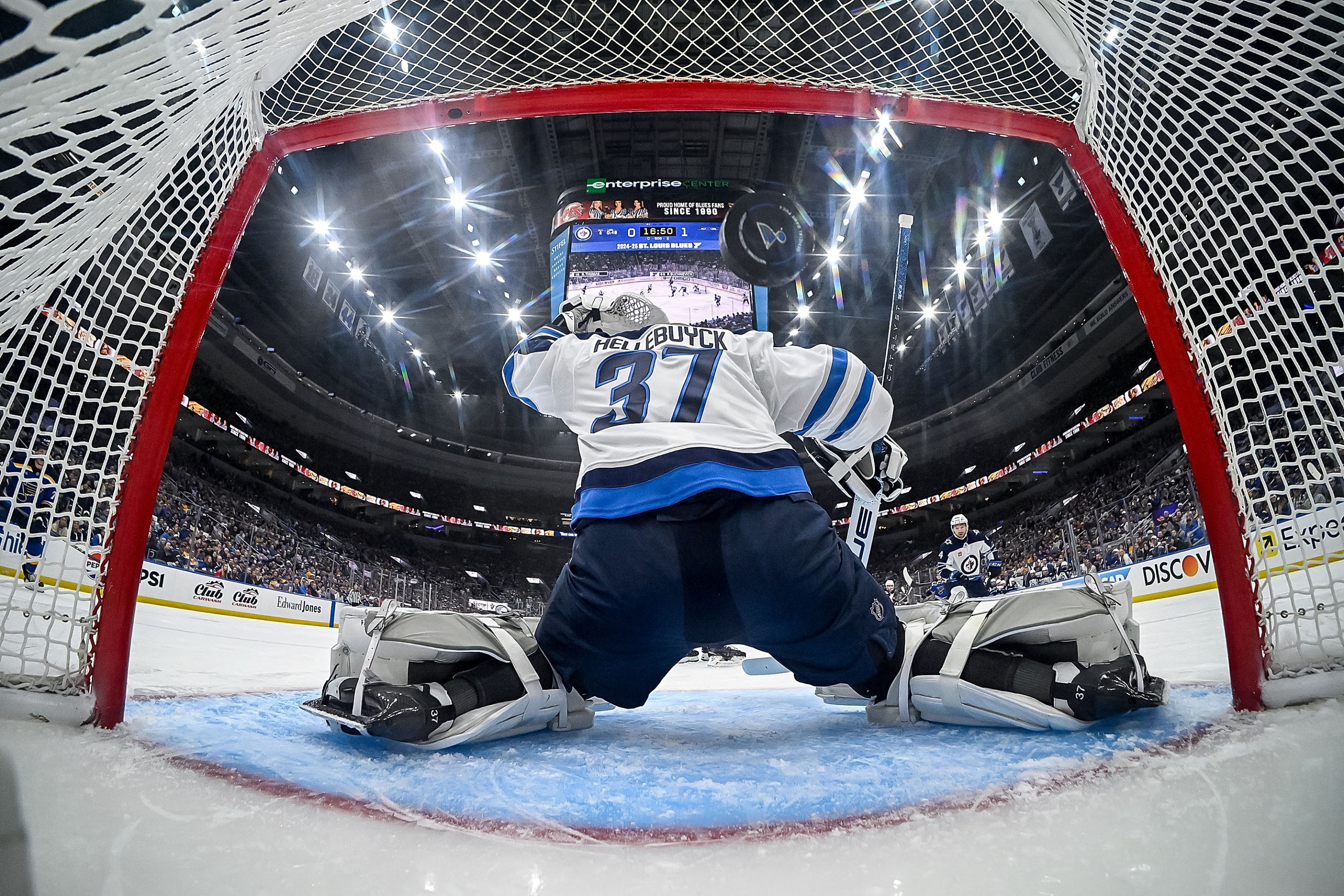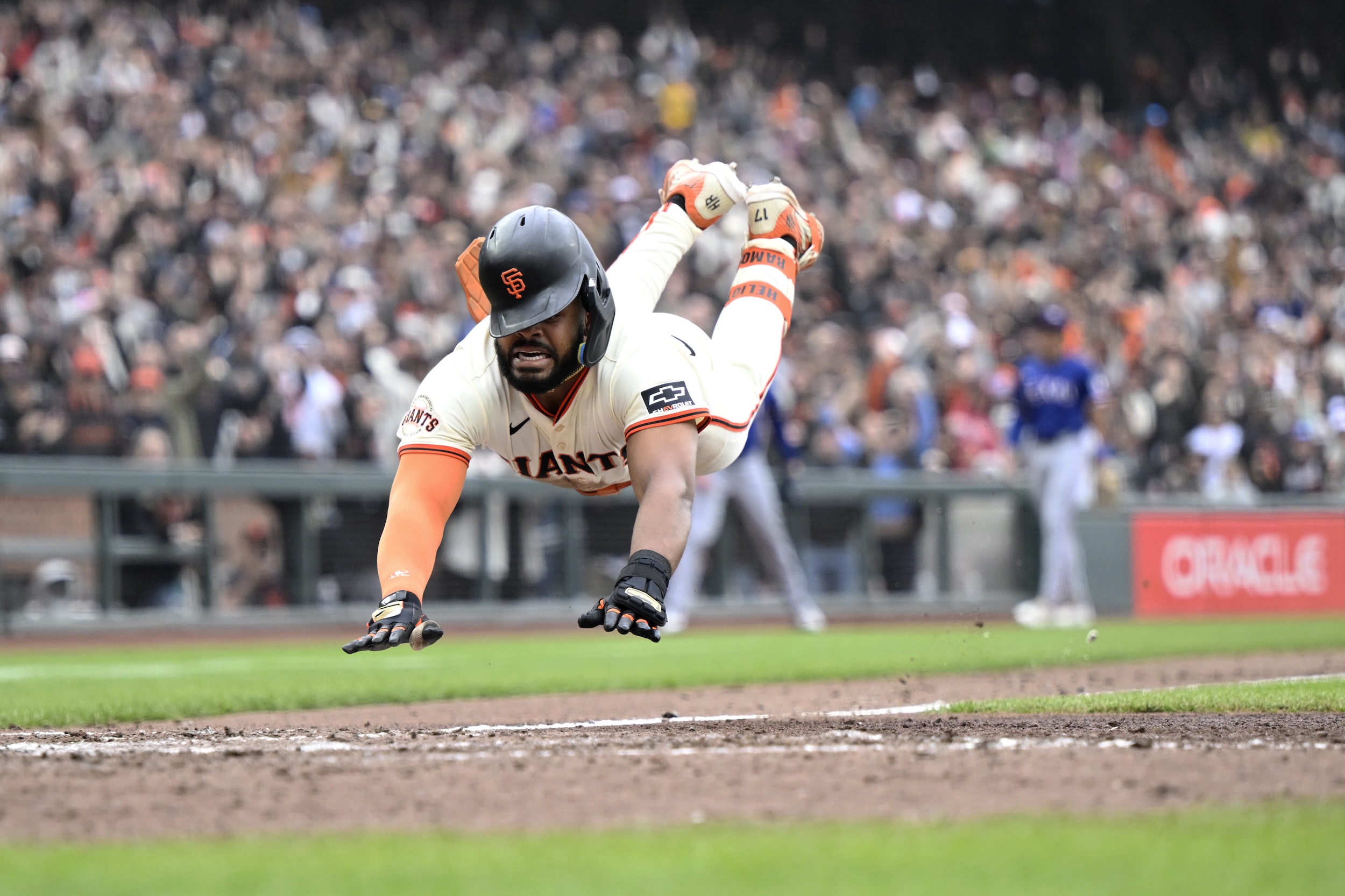The White Sox are sellers this year. They've traded Lucas Giolito and Reynaldo López, who are both pending free agents, to the Angels. In return, they've received two top prospects in Edgar Quero and Ky Bush, who are both currently playing with the Angels' Double-A affiliate, the wonderfully named Rocket City Trash Pandas. Sentimentality aside, trading two players with two months remaining on their contract for two real prospects isn't a bad start for a rebuild, though it is rather depressing that it hasn't been so long since the White Sox declared they were out of their last one.
But wait! Apparently, the White Sox aren't fully sellers. They aren't trying to trade pitcher Dylan Cease, who is nowhere near matching his outrageous 2022 season, but is still a perfectly good starter and is notably still under team control for two years. The White Sox's refusal to trade Cease is reportedly because they still hope to contend next year. If that's true, it's an idea enabled by the fact that—despite being something like 21 games below .500 and six games behind the Detroit Tigers—the White Sox are, after all, in the accursed AL Central, where the gate is wide open every year. Despite their positioning at the trade deadline, the White Sox are still denying their fans the sweet release of low expectations.
Several teams who have checked in with the Chicago #WhiteSox to inquire about the availability of ace Dylan Cease, say they continue to get the same response:
— Bob Nightengale (@BNightengale) July 26, 2023
"No.''
The White Sox are not interested in a massive rebuild and still hope to contend next year.
These sorts of half-steps are the easiest way to infuriate fans nowadays. If a team is not contending for the World Series, then they must be rebuilding. One could grant some leeway to an up-and-coming team with good vibes making a Cinderella run for a Wild Card spot, but the White Sox, of course, have been running it back with the same core for three full years now, with the same middling-to-poor results each time. At least if they were committed to a rebuild, you could be sure in your ever-familiar misery. And if there are no changes in the White Sox front office, you could be doubly sure—if they bungled one rebuild, what's to stop them from bungling another?
Maybe it is unfair to say the White Sox have bungled it entirely. At the start of the 2020 season, they had (incomplete and in no particular order): Lucas Giolito, who was notably no longer the worst pitcher in baseball; James McCann and Yoán Moncada, who were both coming off the best hitting seasons of their careers; José Abreu, ever-constant; Tim Anderson, who won the batting title the previous season; Eloy Jiménez, who came fourth in Rookie of the Year voting; Luis Robert Jr., newly signed from Cuba; Dallas Keuchel, who was, at the time, still good; Yasmani Grandal, a catcher who could hit; and Jason Benetti, who was newly full-time and breathing life into the White Sox television broadcast. And that's not including the promising young pitchers like Dylan Cease (who doubtlessly had the stuff, even if he hadn't quite pieced it together then) and Michael Kopech (who was coming off Tommy John surgery and sat out 2020 due to the pandemic), and prospects in the pipeline like Garrett Crochet or Andrew Vaughn.
Roll virtually all of that over into 2021, except throw in Liam Hendriks, Lance Lynn, a Yermín Mercedes on a miracle run, and a healthy Carlos Rodón, and nobody was saying that the White Sox rebuild had failed, even with the baffling Tony La Russa hire and a lost trade in Craig Kimbrel. Even while stricken with injuries, the White Sox finished 2021 at the top of the AL Central by 13 games, driven by the unsustainable combination of good vibes and a next-man-up mentality, before getting immediately thrown out of the ALDS by the Houston Astros. But, hey, now the core had some playoff experience, so if you only run it back in 2022, plus or minus some guys—well, apparently you get a .500 team that'll miss out on playoffs.
If you look at what the White Sox had in 2021 and what the White Sox have now, there are few changes. You can look at this in two different ways. By one view, the White Sox rebuild has been severely hampered by factors outside of their control, like constant, unavoidable injuries and the inherent volatility of prospects. Let's go over them again. Moncada and Jiménez are constantly crabbed. Ever since his groin injury last year, Anderson has been struggling to get his swing back, and it's now been over a year since his last home run. Crochet, despite coming out throwing over 100 miles per hour on his fastball in 2020, has dropped velocity ever since. Vaughn has been a perfectly fine hitter, but a career first baseman has to be better than perfectly fine. The one bright spot has been Robert, who is a bona fide All-Star and gifted White Sox fans a coldblooded showing in the Home Run Derby this year.
The other way to look at this, though, is to see that the White Sox have always been complacent. Even when they make moves, they are always patchwork ones, middling ones. Their biggest free agent signings are still Lynn and Hendriks. Their biggest trade is still for Kimbrel; maybe now it's trading away Giolito for prospects. Despite glaring positional holes in the roster, the solution has always been to find a serviceable player, not a great one. Filling second base with Leury García, Josh Harrison, and Elvis Andrus in subsequent years is shockingly not going to cut it. Even if the White Sox had always been healthy, those issues would not be resolved. Compare that to the always referenced Dodgers, and the gap in effort or willingness to build a contender—not on the players' end, but on management's—is obvious. Good enough, if you want to win, is never good enough. The White Sox are wrangling with that fact now: There is no easy way out of mediocrity.
As much as I normally want to avoid the temptation to allegorize, it is not lost on me that it was Lucas Giolito who was traded. We narrativize athletes, and Giolito seemed, more than anyone, to represent a flicker of hope in an otherwise dour recent history. Everyone who was relentlessly subjected to that Guaranteed Rate advertisement would agree: In 2018, Giolito was the worst pitcher in baseball, and then the next season, he was an All-Star. He threw a no-hitter in the middle of a pandemic, with no audience to bear witness in person, and a television blackout midway through.
The White Sox will not make the playoffs this year, and they have accepted that fact by trading away Giolito. Now Giolito is gone, along with the rest of it. In place of what Giolito represented—imminent contention, the facade of a finally completed structure that had been built with sweat and care—the White Sox want to sell the idea that the team is a strategic seller, tearing down a little bit right now but only to be better positioned to build up again as soon as next year. And I, at least, am not buying it.






